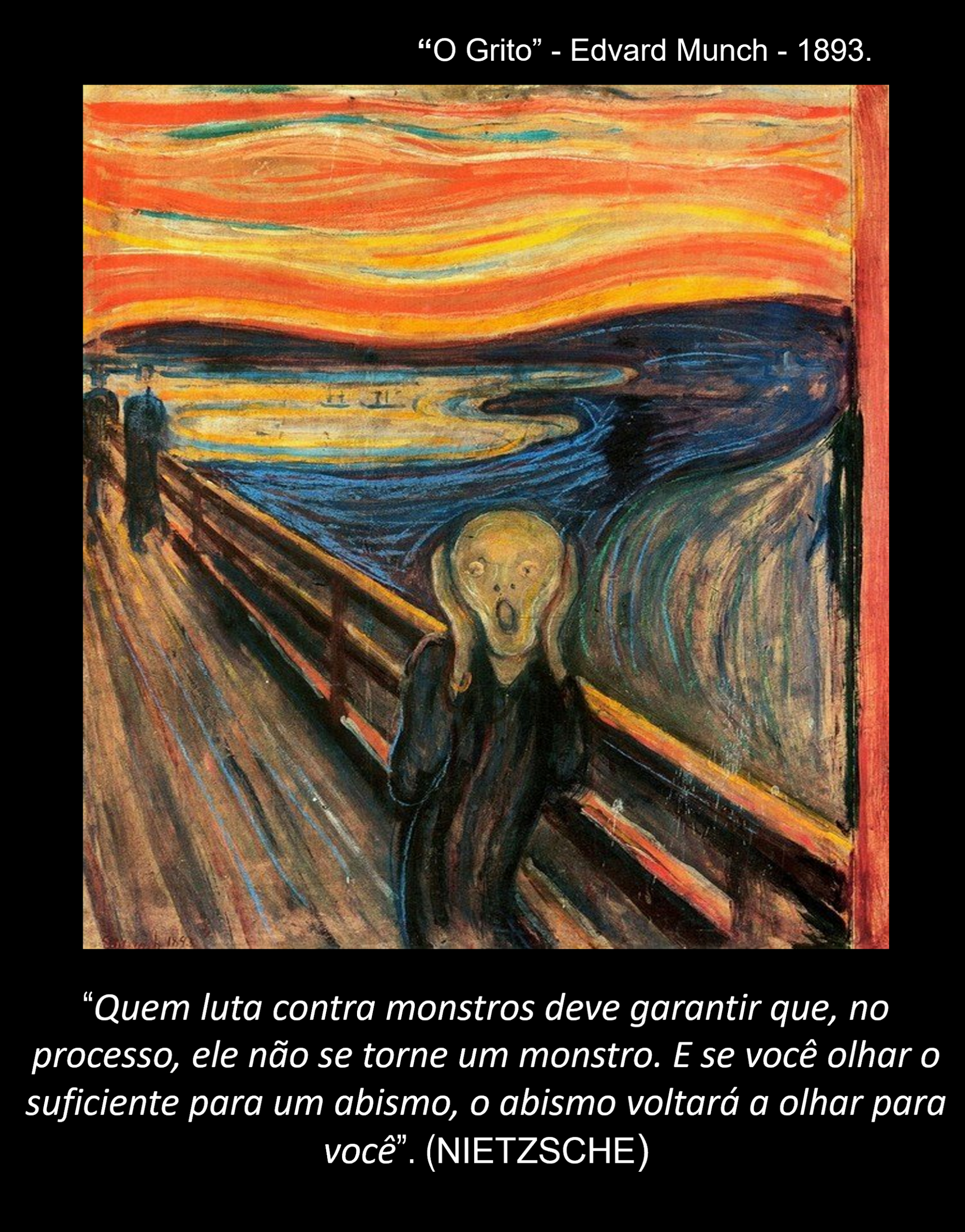International Experiences Of Curricularization Of Extension
Lessons Learned And Applicability To The Brazilian Context
Abstract
This article analyzes international experiences of curricularization of extension in higher education, aiming to identify lessons learned and their applicability to the Brazilian context. Through a systematic literature review, initiatives in various countries such as Portugal, the Netherlands, Mexico, and Denmark were examined. The analysis reveals that curricularization of extension can promote a more effective integration between the university and society, strengthening the social commitment of higher education institutions. Key lessons learned include the importance of faculty training, the establishment of strategic partnerships, and the promotion of a culture of continuous evaluation. Additionally, challenges faced in the implementation of these initiatives, such as institutional resistance and financial resource scarcity, are discussed. Based on international experiences, adaptations and adjustments are suggested for the Brazilian reality, aiming to overcome these challenges and maximize the benefits of curricularization of extension. It is hoped that this study will contribute to the advancement of university extension policies in Brazil, promoting a more inclusive, democratic, and socially committed higher education.



